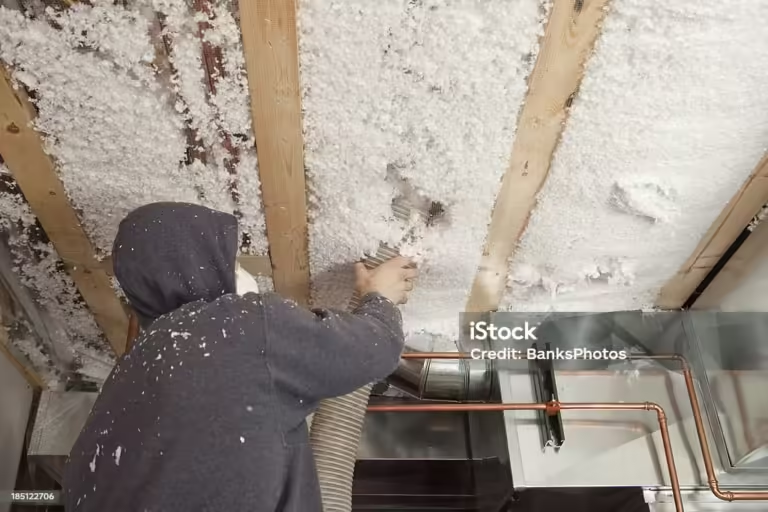Welcoming a dog into your family brings immense joy, but it can be concerning when your furry friend refuses to eat. In this guide, we’ll explore the common reasons behind why my dog don’t want to Eat? 5 Easy Solutions loss of appetite and provide practical solutions to ensure your dog remains healthy and happy.

Common Causes of Appetite Loss
Health issues affecting appetite
1. Dental problems
why my dog don’t want to eat? this can also happen because of Canine dental issues can make eating painful, leading to a reluctance to consume food. Check for signs such as pawing at the mouth or bad breath.
2. Gastrointestinal problems
Underlying health conditions affecting the digestive system may contribute to a decrease in appetite. Watch for changes in bowel habits or vomiting.
Behavioral factors

1. Stress and anxiety
Changes in the household or routine can induce stress in dogs, impacting their appetite. Observe for signs of restlessness or withdrawal.
2. Changes in environment or routine
Dogs thrive on routine, and alterations can disrupt their eating habits. Gradual adjustments may be needed to help them adapt.
Addressing Health-related Concerns
Regular veterinary check-ups
Scheduling routine check-ups is crucial for identifying and addressing potential health issues early on. Regular dental check-ups are especially important.
Dietary adjustments for specific health issues
Modify your dog’s diet based on vet recommendations. Tailoring nutrition to address specific health concerns contributes to overall well-being.
Tackling Behavioral Issues
Creating a stress-free eating environment
Ensure a calm space during mealtimes. Minimize disruptions and create a positive association with meals by offering praise or treats.
Gradual introductions to new foods
Introduce new foods slowly and in small amounts. Patience is key to encouraging acceptance of unfamiliar flavors.
Importance of Professional Guidance

Consulting with a veterinarian or animal behaviorist
Seek professional advice if appetite loss persists. Experts can provide insights into underlying issues and recommend tailored solutions.
The role of professional advice in resolving eating issues
Professional guidance can solve your problem why my dog don’t want to eat? ensures a comprehensive approach, addressing both physical and psychological factors. Collaboration with experts enhances positive outcomes.
Home Remedies and Techniques
Homemade dog-friendly recipes
Experiment with recipes using canine-friendly ingredients. Be mindful of preferences and dietary restrictions.
Positive reinforcement for eating
Reward positive eating behavior to create a favorable association with meals. Encourage a healthy attitude toward food.
Observing changes in behavior, such as lethargy, vomiting, or avoiding food, may indicate a health issue. Consult your vet for a thorough examination.
Signs of stress include pacing, excessive panting, avoidance of certain areas, or changes in bathroom habits. Monitor for behavioral changes.
Some dogs are enticed by foods like cooked chicken, rice, or pumpkin. Consult your veterinarian to ensure these choices align with your dog’s dietary needs.
Persistent refusal to eat, coupled with other concerning symptoms, warrants immediate professional attention. A veterinarian can conduct thorough assessments.
Establish a consistent feeding schedule, provide a quiet eating environment, and incorporate positive reinforcement to make mealtimes enjoyable.
Conclusion: Why My Dog Don't want to Eat? 5 Easy Solutions
Understanding why my dog don’t want to eat? is crucial for effective resolution. Combining insights into health and behavior, along with professional guidance, enhances the likelihood of restoring your dog’s healthy eating habits.




